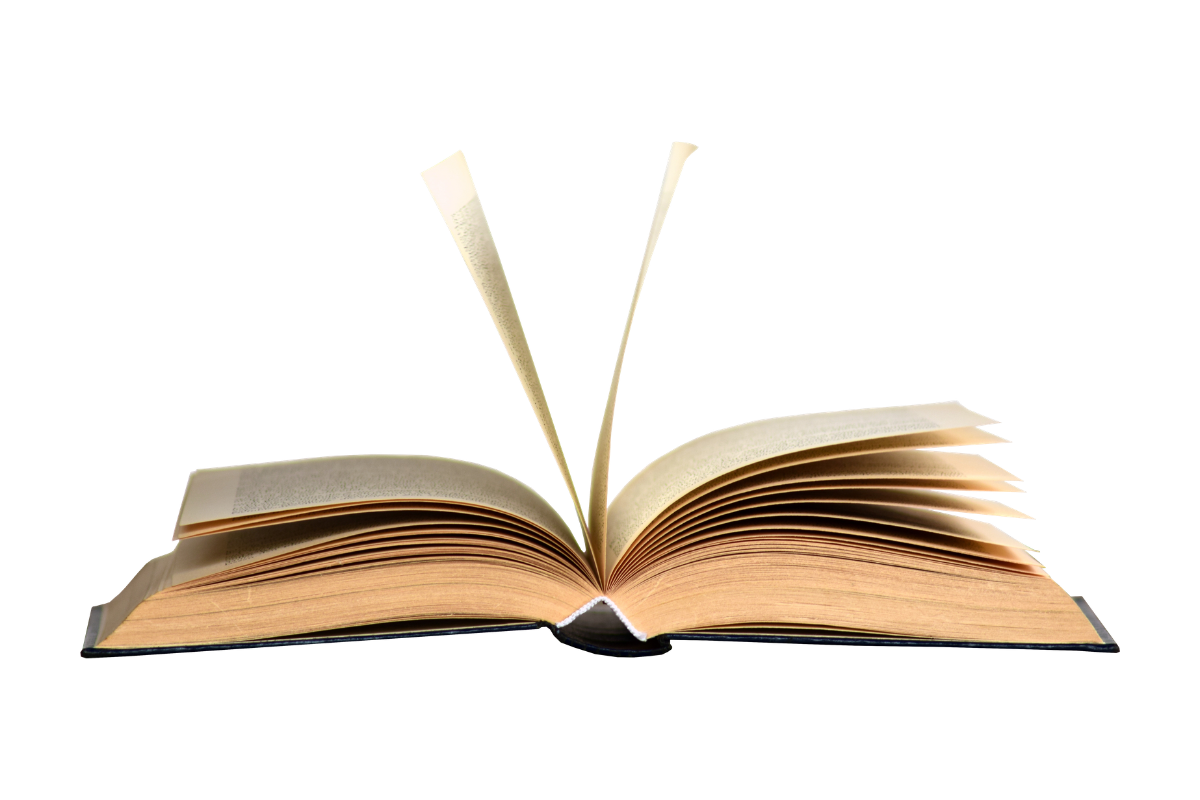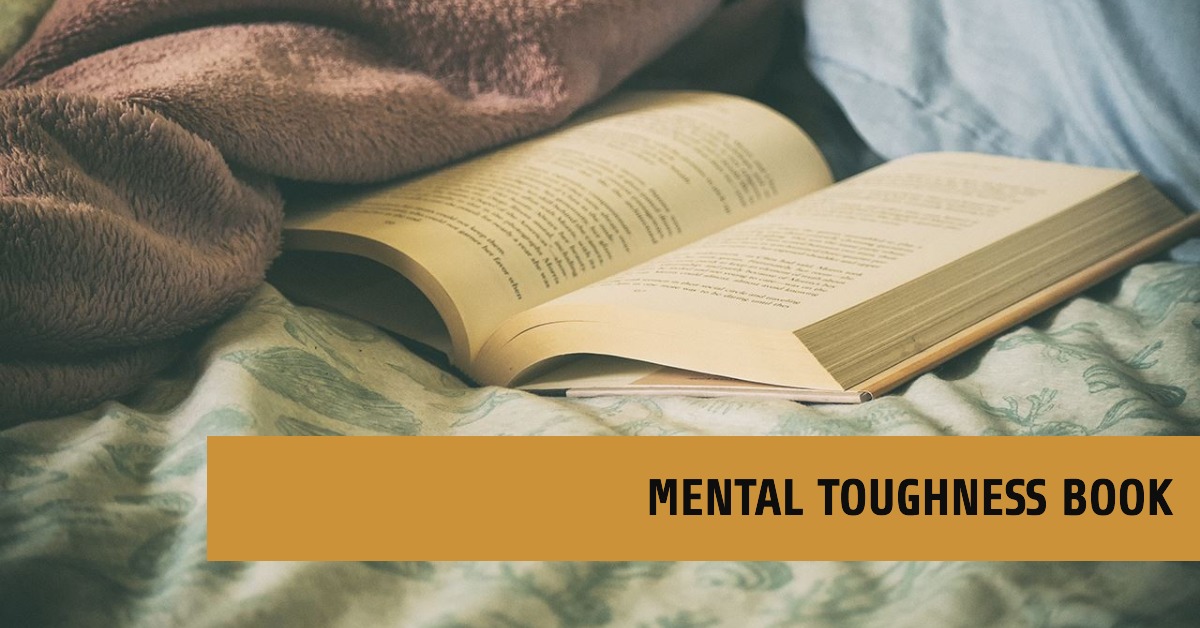Aging is an inevitable process that every living organism experiences. It is a complex biological process that is influenced by a variety of factors, including genetics, lifestyle, and environmental factors. In this article, we will review some of the most relevant books on the biology of aging and provide a critical analysis of their content.
Introduction
Aging is a natural process that occurs in all living organisms. It is a gradual decline in the physiological functions of the body that eventually leads to death. While aging is inevitable, it is possible to slow down the aging process and improve the quality of life in old age. In recent years, there has been a growing interest in the biology of aging, and many books have been written on this topic. In this article, we will review some of the most relevant books on the biology of aging and provide a critical analysis of their content.
The Books
Book 1: “The Biology of Aging” by Robert Arking
Robert Arking’s “The Biology of Aging” is a comprehensive textbook that provides an in-depth analysis of the aging process. The book covers a wide range of topics, including the genetics of aging, cellular aging, and the role of oxidative stress in aging. Arking’s writing style is clear and concise, making the book accessible to both experts and non-experts in the field. The book is well-researched and provides an excellent overview of the biology of aging.
Book 2: “Aging: The Biology of Senescence” by Caleb E. Finch
Caleb E. Finch’s “Aging: The Biology of Senescence” is another comprehensive textbook that provides a detailed analysis of the aging process. The book covers a wide range of topics, including the molecular and cellular mechanisms of aging, the role of hormones in aging, and the impact of lifestyle factors on aging. Finch’s writing style is engaging, and the book is well-researched. The book is a valuable resource for anyone interested in the biology of aging.
Book 3: “The Longevity Diet” by Valter Longo
Valter Longo’s “The Longevity Diet” is a popular science book that provides a practical guide to extending lifespan and improving health in old age. The book is based on Longo’s research on the impact of diet on aging and longevity. The book provides practical advice on how to adopt a diet that promotes longevity, including tips on what to eat and when to eat. Longo’s writing style is engaging, and the book is well-researched. The book is a valuable resource for anyone interested in improving their health and extending their lifespan.
Critical Analysis
All three books provide valuable insights into the biology of aging. Arking’s “The Biology of Aging” and Finch’s “Aging: The Biology of Senescence” are both comprehensive textbooks that provide an in-depth analysis of the aging process. These books are well-researched and provide a valuable resource for experts in the field. However, due to their technical nature, they may be less accessible to non-experts.
Longo’s “The Longevity Diet” is a popular science book that provides a practical guide to extending lifespan and improving health in old age. The book is based on Longo’s research on the impact of diet on aging and longevity. The book provides practical advice on how to adopt a diet that promotes longevity, making it accessible to a wider audience. However, the book may be less useful for experts in the field who are looking for a more in-depth analysis of the biology of aging.
Conclusion
In conclusion, the biology of aging is a complex and fascinating topic that has been the subject of much research and debate. The books reviewed in this article provide valuable insights into the aging process, from the molecular and cellular mechanisms of aging to practical advice on how to extend lifespan and improve health in old age. Whether you are an expert in the field or a non-expert looking to improve your health and extend your lifespan, these books are a valuable resource that should not be overlooked.



